Homeowners' Insurance Tips for the State of Florida
Seasonal hurricanes and tropical storms in Florida leave insurance companies looking for ways they can to avoid paying claims or at a minimum delay the full payment. When you are dealing with the mess left by a storm, it is difficult to also learn how to navigate your insurance company’s adjusters and their attorneys.
We are currently in the heart of hurricane season, running between June 1st to November 30th. If you find yourself dealing with a tropical storm or hurricane damage and are not getting satisfactory results from your insurance company, you need to contact an attorney who specializes in property damage in Florida. We know the steps to take so you receive the full coverage you are entitled to under your home insurance policy.
Purpose of Homeowners Insurance
Homeowners insurance provides coverage for repairing or rebuilding your home in the event you suffer structural damage or personal property damage or loss from a named peril as per your policy language. This should also include coverage for theft, fire, leaks, water damage, fallen trees, or damage from storms.
The key components of a homeowners insurance policy include coverage for the dwelling and any other structures, such as a shed or detached garage, if included in your policy. Be sure to discuss available coverages for your property, as needed with your insurance agent. Homeowner’s insurance also provides coverage for personal property in the home or in outside structures. If severe damage prevents you from using your home, your insurance covers the cost of temporary living quarters and other expenses.
When purchasing insurance, it is a good practice to make sure you understand what your policy covers when it comes to hurricanes, windstorms, flood/water damage, and more. The Florida Office of Insurance Regulation provides a home insurance guide for selecting appropriate coverage.
Does Homeowners Insurance Cover Hurricane Damage in Florida?
Florida ranks first in the country for storm surge risk. State law requires home insurance in Florida to cover damage from hurricanes. This includes windstorm damage, which is differentiated from a straight windstorm. Whether the storm is a “hurricane” is only determined if the National Hurricane Center declares the storm a hurricane.
Hurricane coverage is generally You can obtain hurricane coverage if you purchase:
- Homeowners Insurance—Usually a requirement when you mortgage a home.
- Renters Insurance—Purchase this policy to cover your personal property.
- Condo Insurance—This policy covers your interior walls, ceilings, floors, and personal property.
- Mobile Home Insurance—Read the details of these policies to make sure you have the necessary coverage.
A property insurance policy, even if you are renting, provides you with the protection you need in the event of damage from a hurricane.
What Is Not Covered by Hurricane Insurance in Florida?
The Florida insurance guide by the Florida Office of Insurance Regulation recommends all residents purchase flood insurance. Hurricane coverage is different from flood insurance, and are generally two separate policies. The flash flooding and storm surges that accompany hurricanes do not usually have coverage for flood without a specific flood policy.
Enforcing Your State of Florida Homeowners Insurance Guide Rules
Laws require specific insurance coverage, but insurance companies are in the business to make money, not pay claims. They will drag their feet, claim you don’t have severe damage, delay paying claims, and more.
The State of Florida laws, ordinance and your homeowners insurance is enforced for you to receive the compensation you deserve. When you have a problem The Knoerr Law Group can help.
Our attorneys have more than 45 years of combined experience going to battle with insurance companies.
Call The Knoerr Law Group at (954) 749-3151 or use our online form to schedule a consultation.
‹ Back



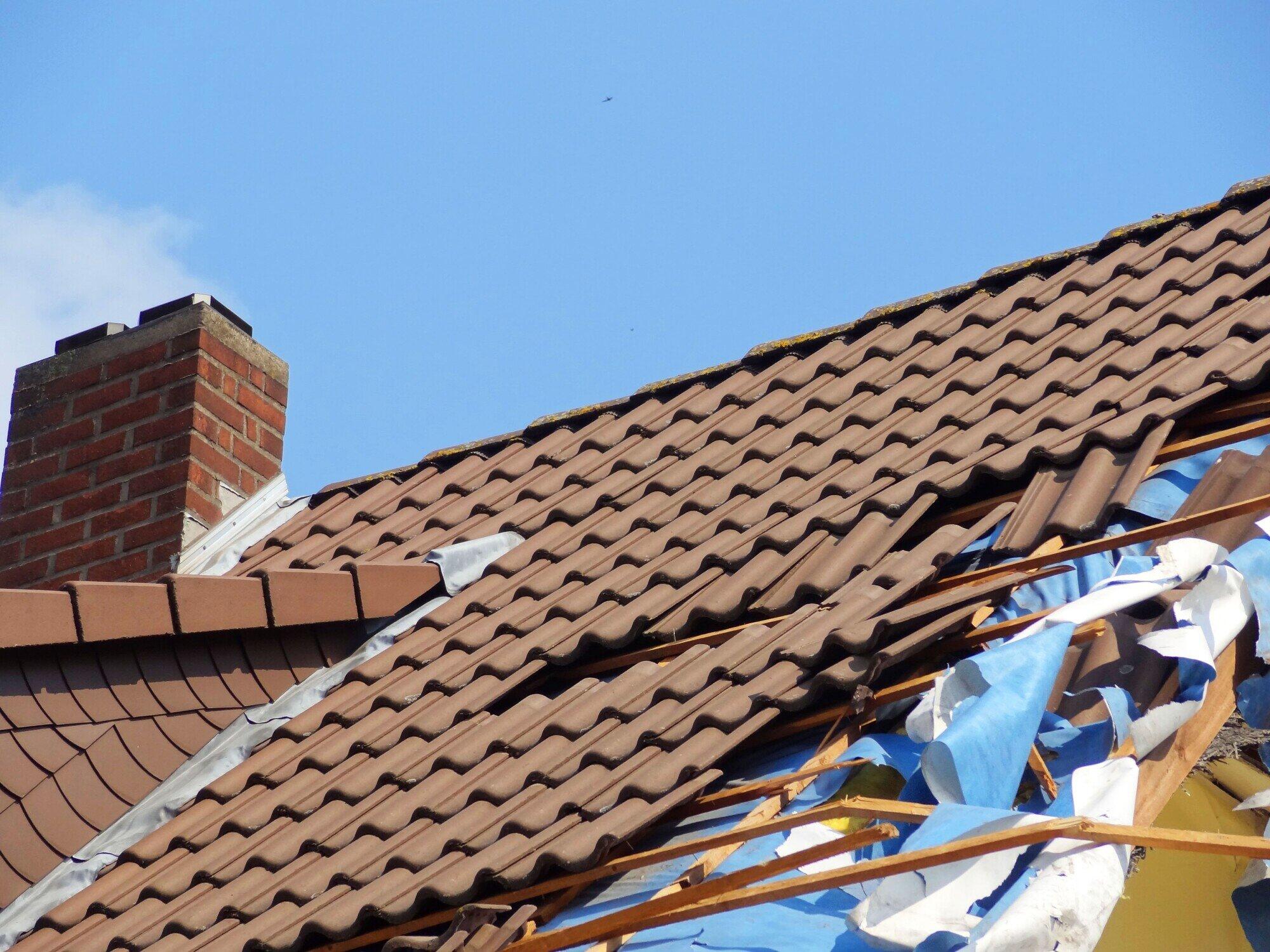
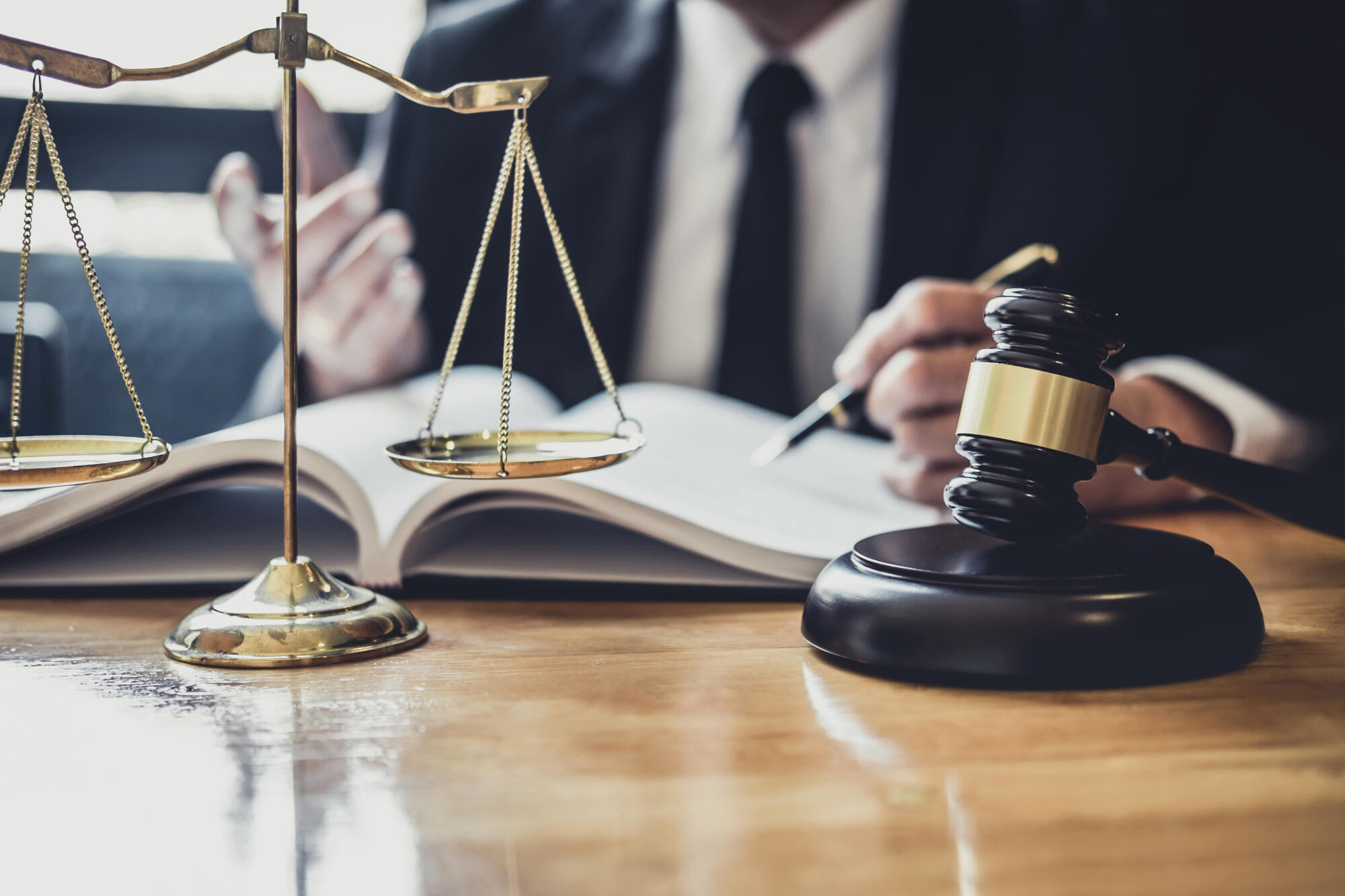
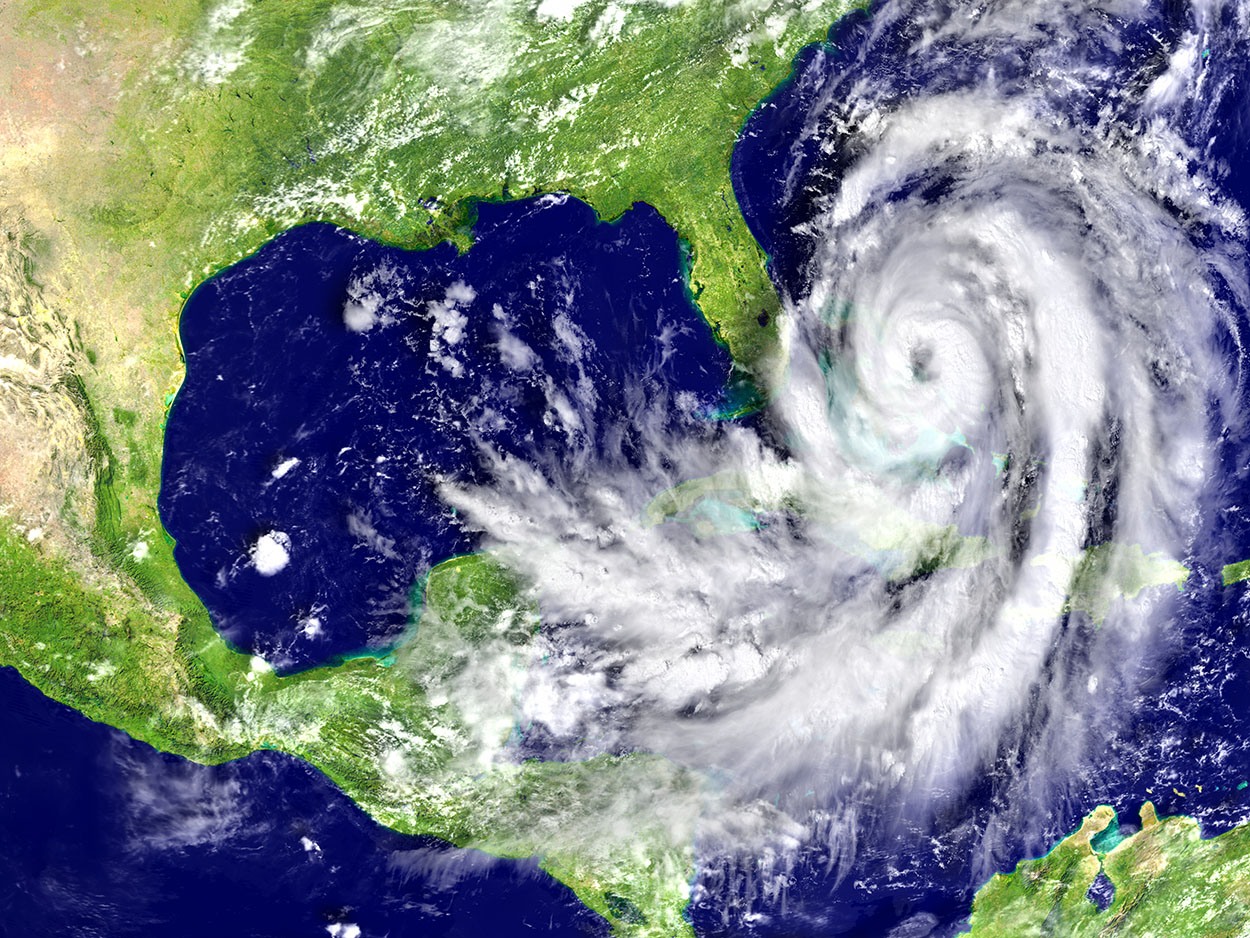
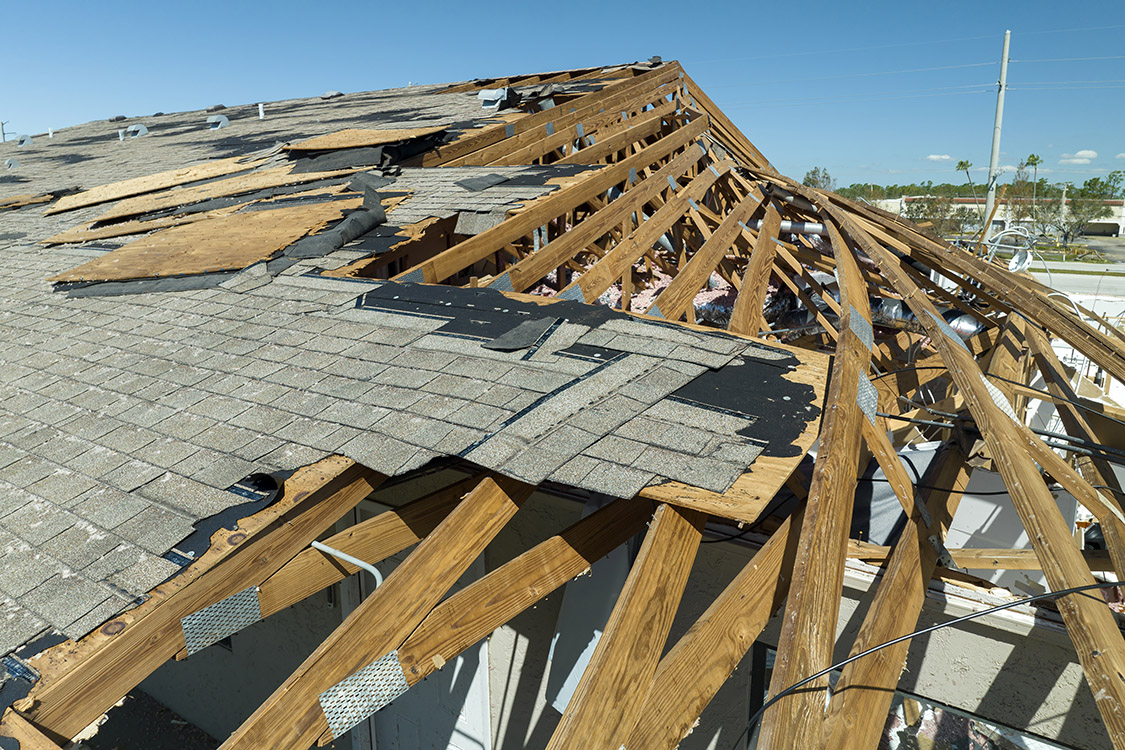
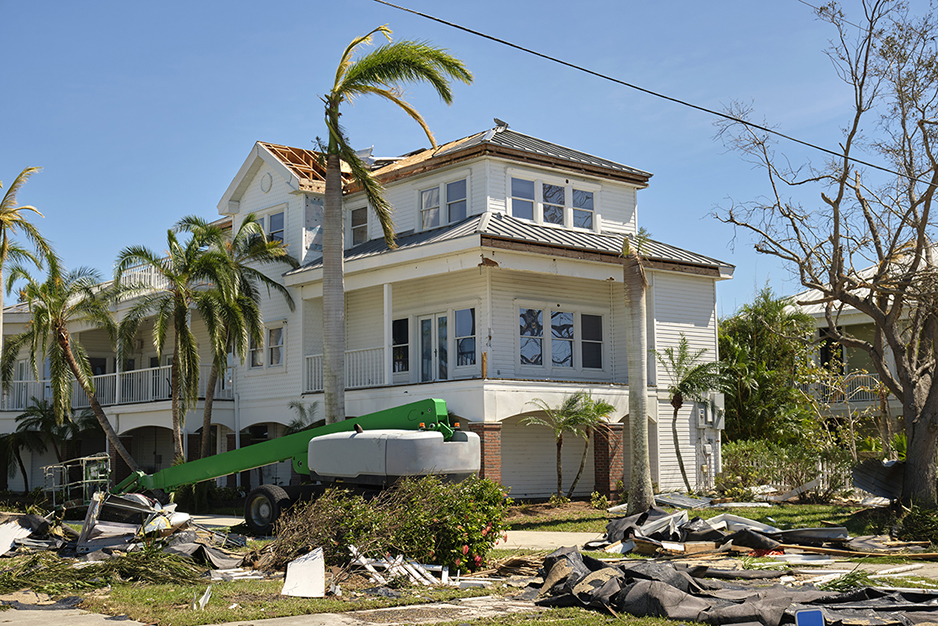


Comments